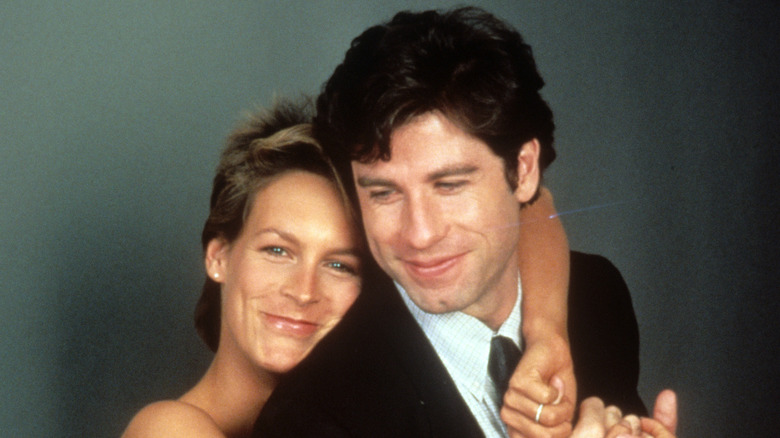With a lineup of A-list stars, a $20 million budget, and a storyline that tapped into the 1980s aerobics craze, Perfect seemed destined for success. On paper, everything was in place. But despite the high expectations, the film quickly turned into an example of how even the most promising projects can fall apart in execution.
When John Travolta and Jamie Lee Curtis signed on, hopes were high. Both were major Hollywood names at the time, and the film’s focus on the fitness club boom felt perfectly timed. Directed by James Bridges and backed by Columbia Pictures, the movie was positioned as a crowd-pleasing hit. But when it was released, it flopped at the box office, grossing only $12.9 million worldwide. To make matters worse, it became a frequent punchline, earning several Golden Raspberry nominations including Worst Actor for Travolta, Worst Supporting Actress for Marilu Henner, and Worst Screenplay.
So what went wrong? A number of things, starting with the tone. Instead of telling a compelling story set in the world of fitness journalism, the film veered into unintended camp. Travolta’s tight gym shorts and the frequent, highly stylized aerobics scenes gave the movie a tone closer to an adult exercise tape than a serious drama. The workout sequences—complete with intense thrusting and slow-motion close-ups—left audiences more confused than impressed. Even Jamie Lee Curtis would later acknowledge the choreography came across far more suggestive than she expected.
Critics were merciless. Variety summed up the reaction bluntly, calling the film an embarrassment that would struggle to please any audience.
Still, if there was a bright spot, it was Curtis’ energetic portrayal of Jessie Wilson, a passionate fitness instructor. A longtime fan of exercise herself, Curtis took the role seriously, training extensively before filming began. Her commitment showed on screen, though it came at a cost. To keep up with the film’s demanding physicality, she reportedly limited herself to one meal a day, ultimately losing ten pounds of muscle during the shoot. Her dedication even extended to filming a promotional music video with Jermaine Jackson.
As for Travolta, the film came during a difficult stretch in his career. After reaching superstardom with Saturday Night Fever and Grease in the late 1970s, his momentum had slowed by the mid-80s. Despite the failure of Perfect, Travolta never spoke negatively about the experience. He was eager to work again with director James Bridges, with whom he’d previously made Urban Cowboy, and valued the friendships formed on set.
Audiences and critics, however, weren’t so kind. Many dismissed the film as nothing more than a series of glistening workout scenes starring Travolta and Curtis. After Perfect, Travolta took a break from Hollywood, not returning to the spotlight until 1989’s Look Who’s Talking, marking one of the longest breaks of his career.
Production issues also contributed to the film’s struggles. Originally planned as an 81-day shoot, Perfect took a staggering 140 days to complete. Jamie Lee Curtis, accustomed to the fast pace of smaller productions, openly voiced her frustration with the delays, joking in an interview that she could have filmed her entire career’s worth of movies in the same time it took to make this one.
One particularly expensive decision came when producers opted to build a full two-story replica of Rolling Stone’s New York office in Los Angeles rather than shoot on location. Director James Bridges defended the extended schedule and elaborate choices, saying the time taken wouldn’t matter if the film turned out well. Unfortunately, it didn’t.
Though it failed to meet expectations, Perfect remains a strange and memorable artifact of its time. Its mix of unintentional humor, exaggerated visuals, and earnest performances has earned it a cult following among fans of offbeat cinema.
Over the years, the film has been reevaluated by some. Quentin Tarantino has reportedly described it as underrated and praised Jamie Lee Curtis’ work in it. Curtis herself has embraced the movie’s quirky legacy, even recreating parts of her iconic aerobics routine in later appearances.
While Perfect never quite lived up to its name, it carved out a place in pop culture history as one of the most curious cinematic misfires of the 1980s—a film that stumbled, but never faded entirely from memory.
